Making your own cleaning products may sounds like a huge time investment, but these simple recipes for everyday household cleaners are easy to make and are free of harsh chemicals and toxins. Because if you have to clean in the first place, why make yourself sick inhaling the nasty conventional stuff?
All-purpose Cleaner • 1/4 cup baking soda • 1/2 cup vinegar • 1/2 gallon water
Floor Cleaner To clean linoleum or vinyl, combine: • 1 cup vinegar • 3 drops of baby oil • 1 gallon of warm water Apply using a mop or sponge.
To clean wooden floors, combine: • 3 cups vinegar • 3 cups vegetable oil
Natural Disinfectant • 4 tablespoons vinegar • 1/4 teaspoon liquid castile soap • 3 cups hot water Pour into a mist bottle and apply as needed.
Bathroom Cleaners • To clean a toilet, add 10 drops tea tree oil and 3 cups white vinegar into the toilet bowl and let sit for 15 minutes. • To clean a shower, fill a spray bottle with half water and half vinegar. Add liquid detergent for extra strength. Leave the spray for 30 minutes before rinsing off. (Vinegar is an excellent ingredient for homemade cleaners used in bathtubs and showers because unlike soap, vinegar does not leave a residue.) • A spray bottle filled with club soda makes a perfectly efficient glass cleaner. • Remove rust stains with a paste made from water and cream of tartar.
Kitchen Cleaners For a natural, borax-free dishwasher soap, you will need: • 1 cup baking soda • 1/4 c. citric acid • 1/4 c. coarse salt • 10-15 drops of citrus essential oil (optional) Mix first 3 ingredients well in an air tight container. Add essential oil. Mix again. • To hand wash dishes, use a liquid soap and add 3 tablespoons of vinegar to the soapy water.
Oven Cleaner To make a natural oven cleaner, you will need: • 1 tablespoon liquid castile soap • 1/4 organic white vinegar • 1.5 cups baking soda • water, as needed to make a thick, but spreadable, paste • 2-4 drops essential oil (optional) Remove the racks from your oven. Combine all ingredients in a bowl and mix well. Paint the paste over the entire surface of the oven (using an actual paint brush works well). Let the paste sit for 6-8 hours, or overnight. The paste should foam slightly. Fill a bowl with clean water and, using a sponge or scrubber, wipe away the paste. Repeat until there is no white residue and all the grime is wiped away.
CHEMICALS TO AVOID (from National Geographic's Green Guide):
Ammonia: cuts grease Why Avoid It: derived from petroleum and known to cause asthma Green Alternative: vinegar
Chlorine: disinfects Why Avoid It: lung and skin irritant, lethal if ingested, releases mercury Green Alternative: vinegar, lemon juice, tea tree oil, eucalyptus oil
Monoethanolamine: helps cleaners penetrate grime Why Avoid It: derived from petroleum, irritates respiratory system Green Alternative: soy, corn, or coconut-based surfactants
Glycol Ethers: dissolve soil Why Avoid It: causes nerve damage and infertility, air contaminant Green Alternative: eucalyptus oil
Alkylphenol Ethoxylates: helps cleaners penetrate grime Why Avoid It: hormone disruptor, damages fish in US streams Green Alternative: soy, corn, or coconut-based surfactants
Phthalates: synthetic fragrances Why Avoid It: hormone disruptor, damages fish in US streams Green Alternative: essential oils, baking soda deodorizers
Triclosan: disinfectant in antibacterial cleaners Why Avoid It: forms possible carcinogen, builds up in soil and fish Green Alternative: hot soapy water, vinegar

